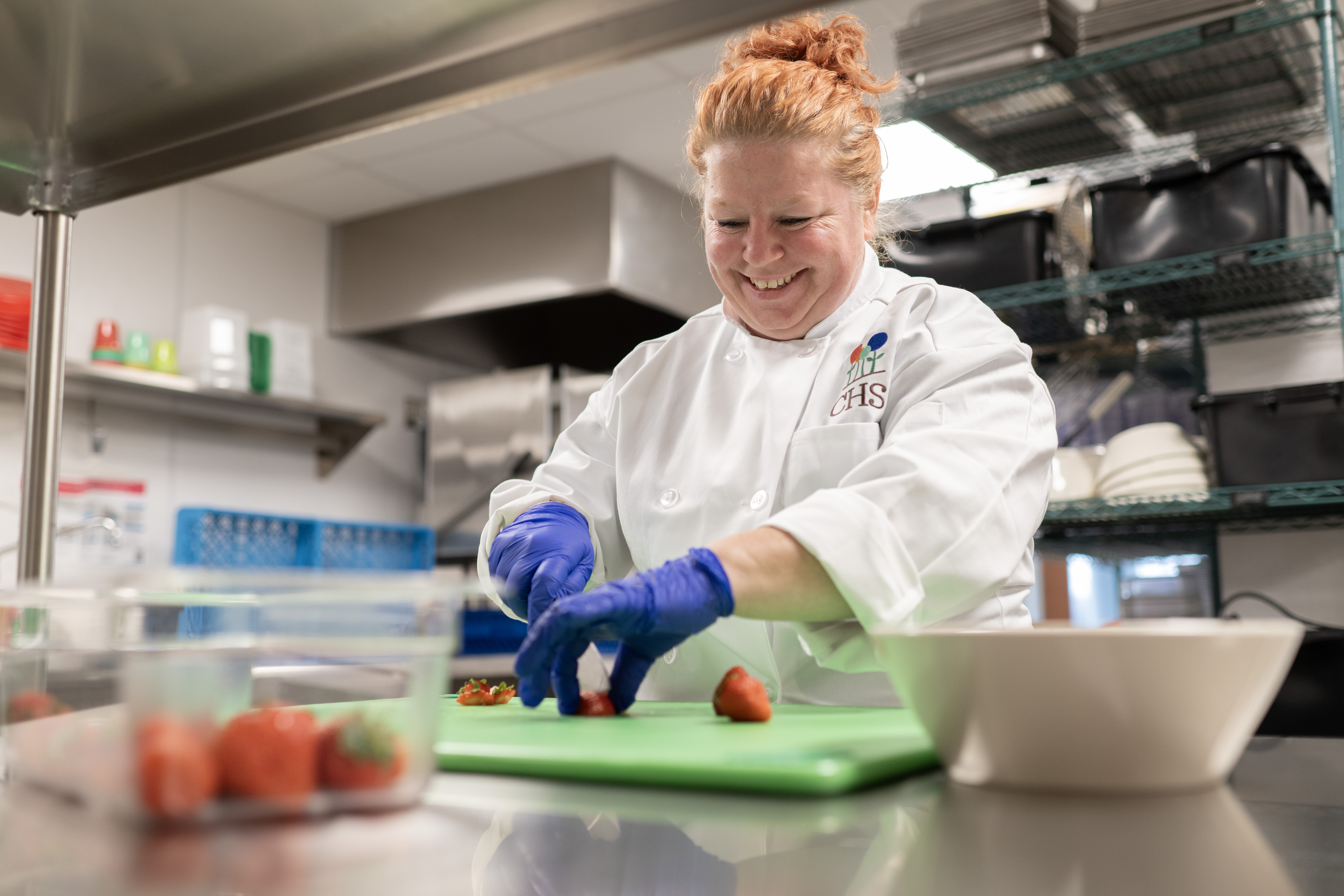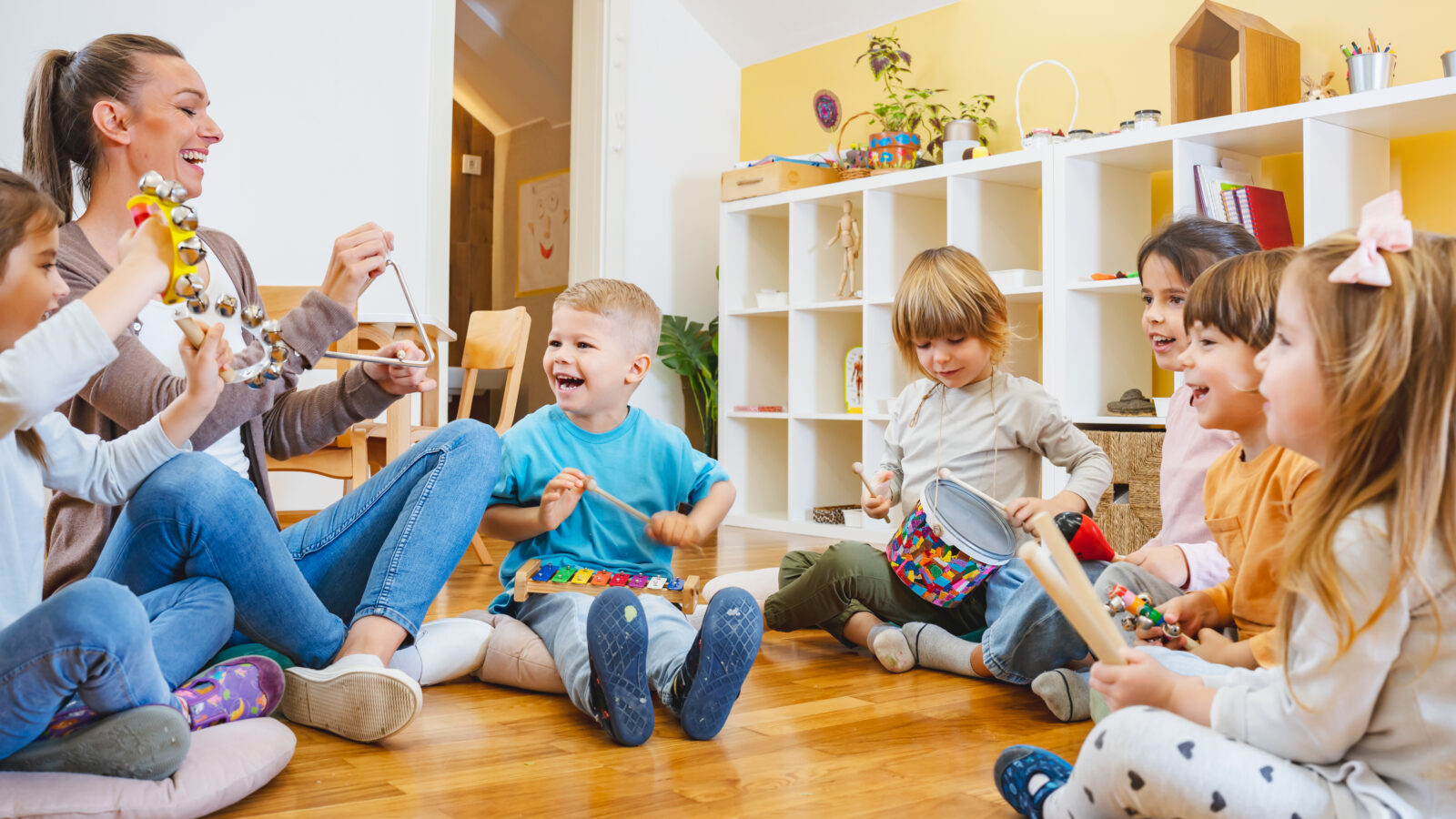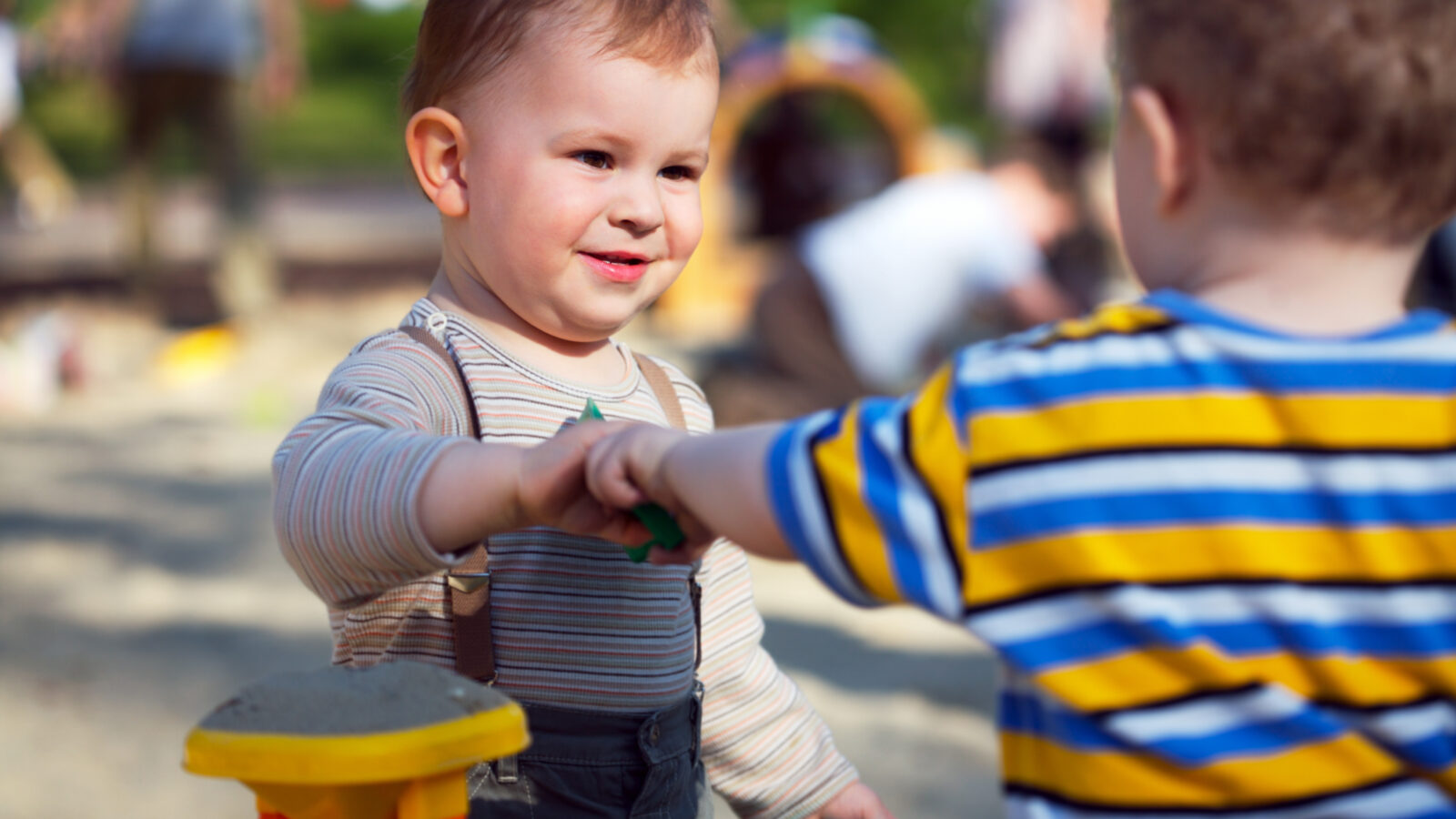Generational Health: Caring for Children by Caring for Families

The Two-Generation Approach and Why It Benefits the Child from Infancy to High School and Beyond
Franklin D. Roosevelt said, “We may not be able to prepare the future for our children, but we can at least prepare our children for the future.”
Families are essential in making sure their children are healthy, protected, and have the tools to succeed as they develop physically, cognitively, and socially. With that said, families themselves can often benefit from additional support—for example, someone to connect them to foundational tools and resources that can ultimately improve their child’s well-being. Access to high-quality education and health services can make all the difference for children and can also ensure families have access to the appropriate resources to provide a stable and safe environment at home.
Like genetics or family heirlooms, a family’s economic status can often be passed down from one generation to the next. Unfortunately, this is also true for issues ranging from food insecurity to mental health challenges. It can become a hard cycle to break, leaving little room for families to future plan or goal set for themselves and their children.
A National Center for Children in Poverty study found that children growing up in low-income families are more likely to face similar challenges in adulthood. The cycle will likely continue without intervention and the persistent disadvantage prevents families from achieving upward mobility.
What is the Two-Generation Approach and Why Does it Matter?
The two-generation approach simultaneously addresses the needs of families and children to ultimately benefit the long-term achievement of a child. The goal is to create a legacy of education, economic stability, social capital, and overall well-being with a multigeneration impact.
It is not a new approach. According to the Aspen Institute’s Ascend, a leading think-tank, the two-generation model has existed since the late 19th century. The social services sector recognizes the connection between individual and collective success. However, it is often missed that families are part of the equation and caring for them can improve the likelihood of long-term success for the child.
Families who have enrolled in programs with two-generation supports have seen benefits, such as improved speech and language development in young children that later develop into effective communication skills in adolescence. Early intervention has a lifelong impact.
High-quality early childhood education can make a significant and permanent difference in a child’s development if these practices are replicated in the household. Equipping families with the tools necessary to succeed means they can later pass down these skills to their children in early childhood, adolescence, and adulthood.
Other strategies to promote multigeneration success include offering families the opportunity to gain skills such as financial literacy and promoting their ability to find job stability. For example, the goal is that, after participating in a two-generation program, the parent or caregiver will have the capacity to teach their children skills, such as managing money, to ultimately prepare them to go to college and be independent. Families, as we all know, are their children’s first and most important teachers, so creating a solid foundation of education and resources is the key to whole family success for years to come.
A long-term study from the Carolina Abecedarian Project (ABC) and the Carolina Approach to Responsive Education (CARE) found that comprehensive developmental resources for mothers and children enabled mothers “to enter the workforce and increase earnings while their children gained the foundational skills to make them more productive in the future workforce.”
As more schools and organizations adopt the two-generation approach, research shows that every $1 invested in high-quality early childhood education yields a $4 to $9 return based on increased achievement in education, career, health, and social behaviors.
The two-generation approach allows programs to come alongside families to identify long-term goals for both the family and child and work toward them. Connecting families to resources, such as parenting and educational information, housing services, health care referrals, and job training, will help to improve overall family health, including physical, mental, and financial well-being.
Catherine Hershey Schools for Early Learning’s approach includes dedicated family success advocates who support the families of enrolled children throughout their time at CHS and are essential in supporting and empowering families to lead fulfilling and productive lives. This is supported through on-site Family Success Centers which serve as a safe place for enrolled families to easily access resources, develop desired skills, complete goals, and meet with outside service providers.
Learn more about the integrated family services offered at Catherine Hershey Schools for Early Learning (CHS) here.
Stay in touch by subscribing to our newsletter to receive updates and highlights from our Professional Resources blog.




